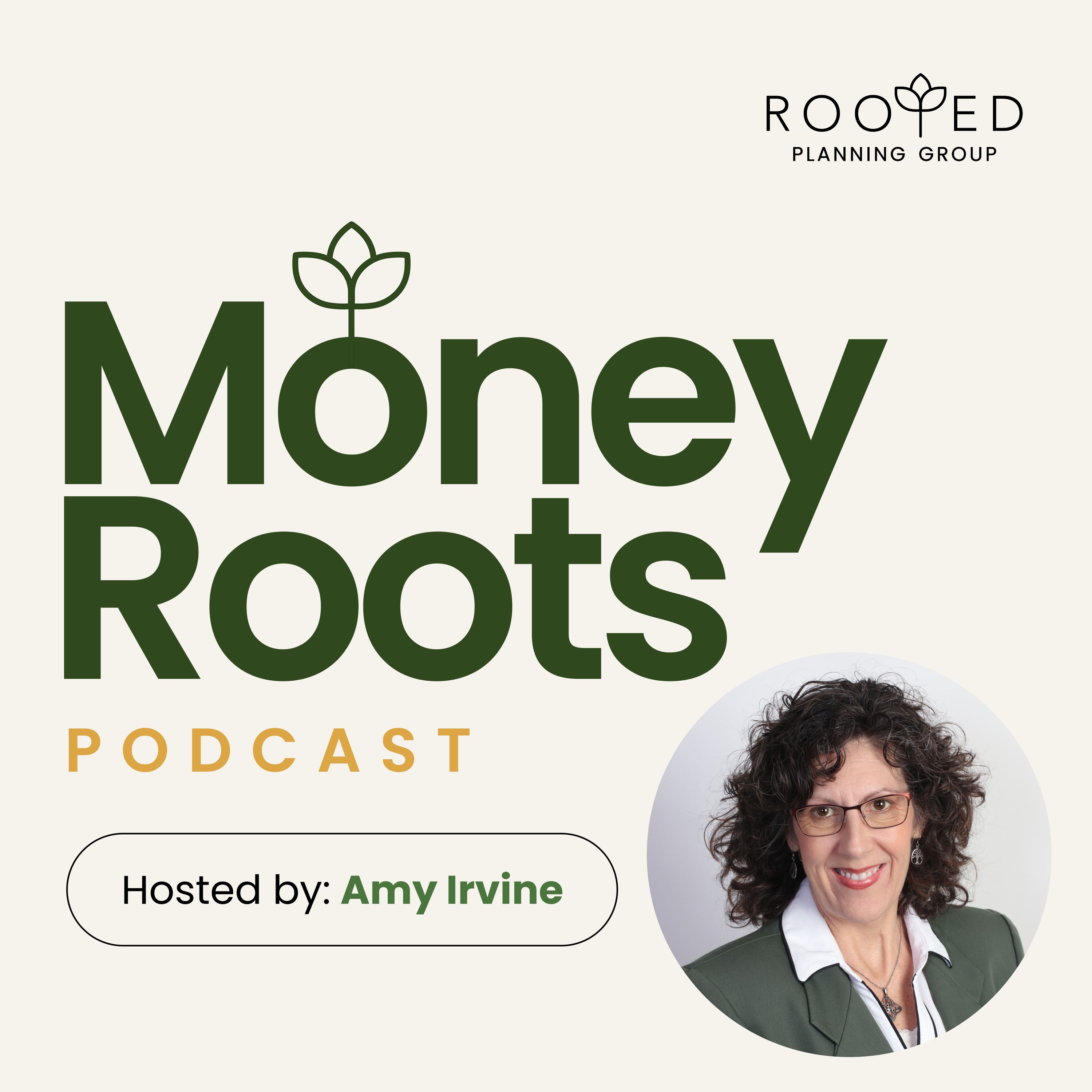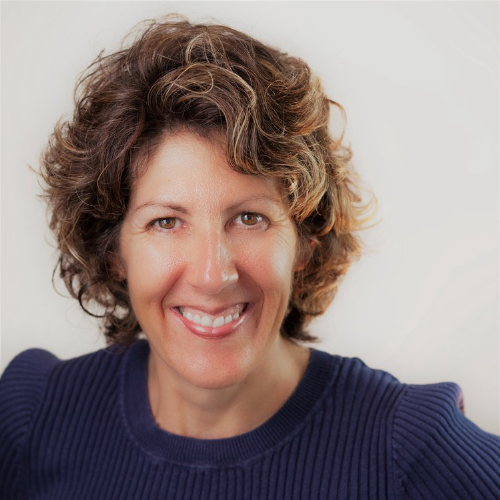Investment Long Game: Why Staying in Stocks Pays Off
Amy Irvine and Kate Welker discuss whether people should be pulling money out of the stock market and putting it into cash. They explain that while cash may currently be yielding a high rate of return, historically, a stock market-based portfolio will provide a higher rate of return over the long term. They also discuss the concept of the yield curve and how it affects different investment options. Additionally, they provide tips for saving on taxes at the end of the year, such as maximizing contributions to retirement plans and considering Roth conversions.
Key Takeaways:
- Historically, a stock market-based portfolio will provide a higher rate of return over the long term compared to cash.
- The yield curve refers to the relationship between short-term and long-term interest rates. A normal yield curve has lower short-term rates and higher long-term rates.
- Consider maximizing contributions to retirement plans and exploring Roth conversions to save on taxes at the end of the year.
Quotes:
- "For a long-term investment, staying steady in the market is more successful." - Kate Welker
- "Run some numbers right now. Once you get to the end of the year, you don't have a lot of options." - Amy Irvine
Remember, just like a good bottle of wine, the Wine and Dime Podcast gets better with time. So don't forget to rate and subscribe to our show, where we blend the flavors of wine and personal finance to help you achieve financial freedom!
If you have any questions that you would like answered on the show, feel free to email us at info@rootedpg.com
Or visit us at www.rootedpg.com/podcasts for full show notes and links!
Should You Pull Money Out of the Stock Market?
The question of whether to pull money out of the stock market and invest in cash is a common one, especially during periods of market volatility. However, it is important to consider one's long-term goals and objectives before making any decisions based on fear. As Kate Welker, one of the financial planners at Rooted Planning Group, explains:
"If you have one side of your equation allocated to stocks and equities, and the other side allocated to fixed income, such as bonds, CDs, cash, or money market funds, it may be ideal to allocate a portion of your cash to a money market fund that is currently yielding a higher rate of return. While this rate is not guaranteed and may change in the future, it is currently around 5%."
It is crucial to remember that historically, a stock market-based portfolio has provided a higher rate of return over the long term compared to cash investments. As Kate points out, cash investments have historically averaged around 1.2% return, while a stock market-based portfolio can yield a historical rate of return of 7% to 9%. Therefore, staying invested in the stock market is generally more beneficial for long-term investment goals.
Understanding the Yield Curve
To fully grasp the implications of investing in different types of fixed income vehicles, it is important to understand the concept of the yield curve. The yield curve represents the relationship between the interest rates and the time to maturity of bonds of the same credit quality. A flat yield curve occurs when short-term and long-term interest rates are relatively equal, while an inverted yield curve occurs when short-term interest rates are higher than long-term rates.
As Amy Irvine, the CEO and founder of Rooted Planning Group, explains:
"A flat yield curve would mean that a three-month CD, a five-year CD, and a ten-year CD all have the same interest rate, for example, 5%. An inverted yield curve, on the other hand, occurs when shorter-term interest rates are higher than longer-term rates."
In recent years, the yield curve has been inverted, with shorter-term rates being higher than longer-term rates. However, the yield curve is starting to level out, and longer-term rates are beginning to rise. This normalization of the yield curve suggests that investing in longer-term fixed income vehicles may become more attractive in the future.
Last-Minute Tips for Maximizing Tax Savings
As the end of the year approaches, it is essential to consider strategies for maximizing tax savings. One such strategy is to contribute to retirement plans, such as 401(k)s or 403(b)s, before the end of the year. By increasing your deferral rate, you can lower your taxable income for the current year. Kate Welker advises:
"If you have extra cash flow available or have not maximized your employer-sponsored retirement plan, it may be beneficial to increase your deferral rate. This can help lower your taxable income for the current year."
Another strategy to consider is a Roth conversion. A Roth conversion involves transferring funds from a tax-deferred account, such as a traditional IRA, to a Roth IRA. By paying taxes on the converted amount now, you can potentially enjoy tax-free growth in the Roth IRA. Kate explains the importance of timing when considering a Roth conversion:
"If you anticipate being in a higher tax bracket in the future, it may make sense to do a Roth conversion now. By projecting your income for the year and determining your tax bracket, you can assess whether a Roth conversion would be beneficial."
Conclusion and Future Outlook
In conclusion, it is generally advisable to stay invested in the stock market for long-term investment goals, rather than pulling money out and investing in cash. While cash investments may offer a higher rate of return in the short term, historical data shows that stock market-based portfolios provide higher returns over the long term. Additionally, understanding the yield curve can help investors make informed decisions about fixed income investments.
As the end of the year approaches, it is crucial to consider strategies for maximizing tax savings. Contributing to retirement plans and considering Roth conversions can help lower taxable income and potentially provide tax-free growth in the future. By running projections and assessing one's tax bracket, individuals can make informed decisions about their financial future.
Looking ahead, it is important to stay informed about market trends, interest rates, and tax regulations. Consulting with a financial planner can provide valuable insights and guidance in navigating these complex financial decisions. By staying proactive and informed, individuals can make the most of their investments and optimize their financial well-being.
This episode is brought to you by Rooted Planning Group. Rooted Planning Group is a fee-only financial planning firm that specializes in working with women in their 30s and 40s who want to take control of their finances and plan for the future. Whether you're just starting out or you're looking to make a big change, Rooted Planning Group can help.
Visit www.rootedpg.com to learn more.


